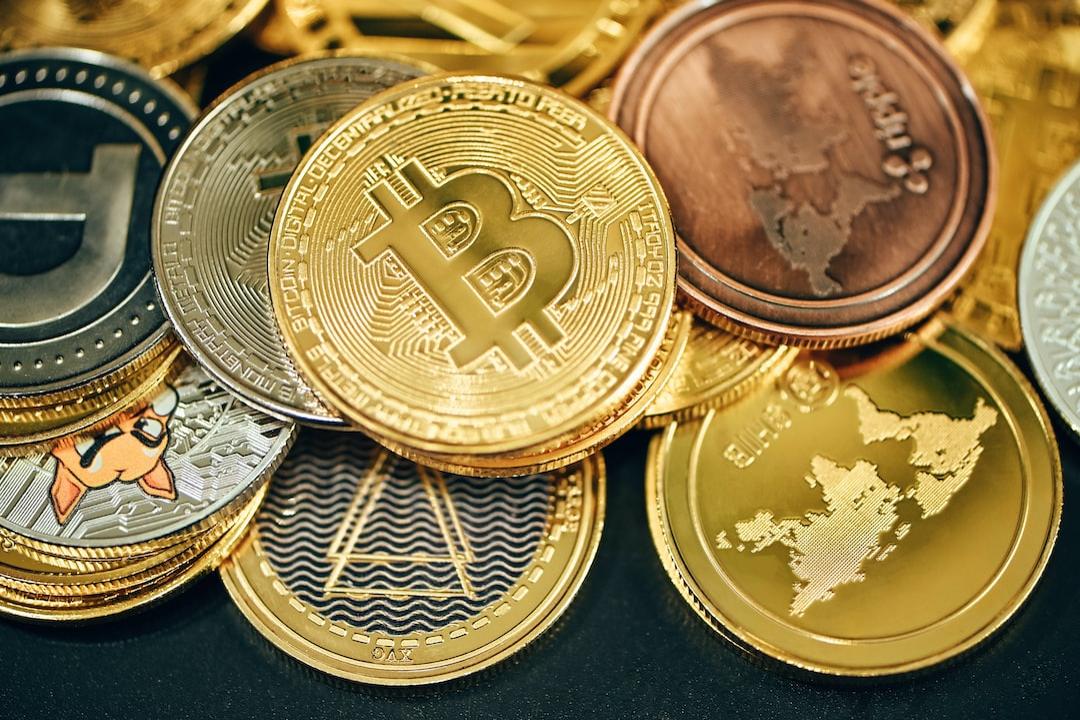India is set to introduce a faster trade settlement mechanism for its stock market in order to enhance its competitiveness against the growing popularity of crypto exchanges. Madhabi Puri Buch, the Chair of the Securities and Exchange Board of India (SEBI), announced on March 11 that a T+0 trade settlement cycle will be implemented by March 28. This optional service is designed for traders seeking same-day settlement.
Since 2021, the Indian stock market has operated on a T+1 settlement cycle, meaning that all stock trades are settled on the following day. The transition to T+0, similar to T+1, was implemented in phases. Buch believes that the shift to T+0 is crucial for the Indian stock market to rival cryptocurrencies. She argues that investors now demand instant settlements, and if the regulated market fails to compete with the crypto world in the near future, investors will flock to platforms that already offer this feature.
SEBI explains that T+0 and the instant settlement cycle will offer advantages such as immediate receipt of funds and securities for investors. Additionally, same-day settlements will eliminate the risk of settlement shortages and grant investors greater control over their funds and securities.
In related news, the Financial Intelligence Unit (FIU), an agency under India’s Ministry of Finance, issued noncompliance notices to several crypto exchanges, including Binance, HTX, Kraken, Gate.io, KuCoin, Bitstamp, MEXC Global, Bittrex, and Bitfinex, on December 28, 2023. The exchanges were given 12 days to comply with Indian Know Your Customer and Anti-Money Laundering regulations.
Despite its cautious stance on cryptocurrencies, India continues to embrace blockchain technology for various nationwide initiatives. The country currently hosts more than eight million government-issued documents on five different blockchain platforms. The primary platforms used in India are Hyperledger Fabric, Hyperledger Sawtooth, and Ethereum. The five blockchain products implemented in the country are certificate chain, document chain, drug logistics chain, judiciary chain, and property chain.
India’s adoption of blockchain technology exemplifies its ongoing commitment to innovation and modernization in various sectors.

